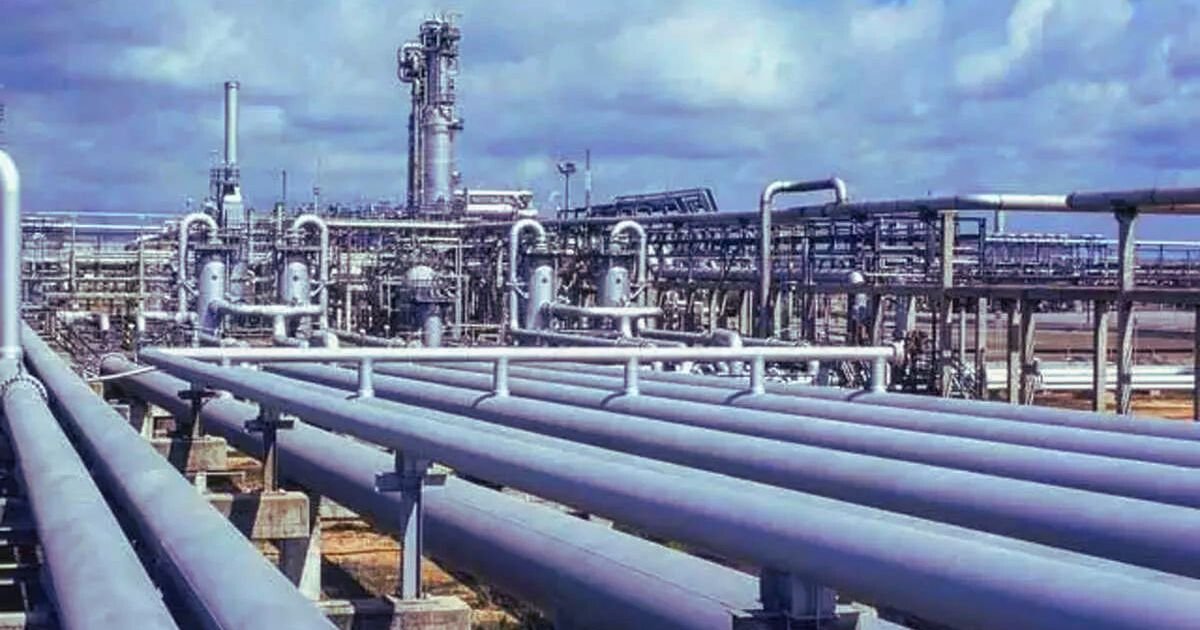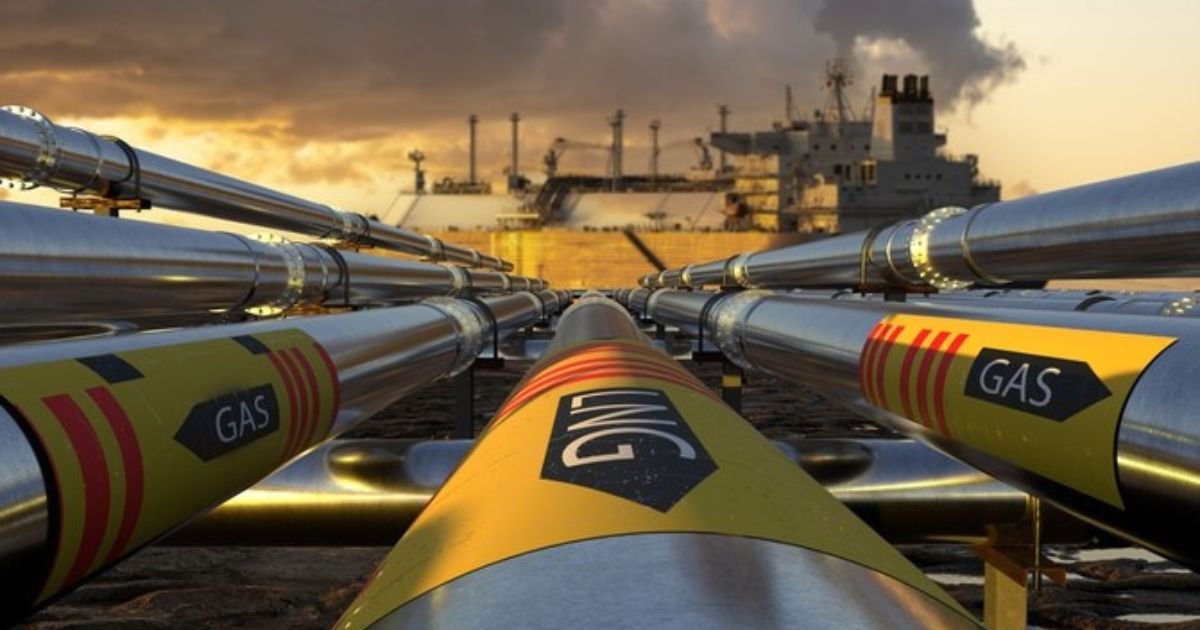Introduction
Pipeline transportation has been a key player in the movement of liquids, gases, and even solids for centuries. In 2023, it remains an essential component of the global supply chain, ensuring that essential resources reach their destinations efficiently and securely.
Read More: Metro Transit 2023

Evolution of Pipeline Transportation
The concept of pipelines dates back to ancient civilizations where hollowed logs were used to transport water. Today, pipelines have evolved into a highly sophisticated network of tubes and conduits that crisscross continents, carrying everything from crude oil to fresh water.
Types of Pipelines
Oil Pipelines
Oil pipelines are the lifeblood of the energy sector. They transport crude oil from extraction sites to refineries and distribution centers, ensuring a steady supply of petroleum products.
Natural Gas Pipelines
Natural gas pipelines are crucial for delivering clean energy to homes and industries. They play a pivotal role in reducing greenhouse gas emissions.
Water Pipelines
Water pipelines are vital for supplying clean drinking water and managing wastewater. They are essential for public health and sanitation.
Technological Advancements
Smart Pipelines
Modern pipelines are equipped with advanced sensors and monitoring systems that can detect leaks and anomalies in real-time, enhancing safety and efficiency.
Automated Monitoring Systems
Automation has revolutionized pipeline management, enabling remote control and maintenance, reducing human error, and improving response times.
Pipeline Coatings and Materials
Innovative coatings and materials have extended the lifespan of pipelines, reducing maintenance costs and environmental impact.
Environmental Considerations
Reducing Carbon Footprint
The pipeline industry is actively exploring ways to reduce its carbon footprint, with a focus on energy-efficient operations and renewable energy integration.
Preventing Pipeline Leaks
Efforts are being made to enhance leak detection technology, minimizing the environmental impact of pipeline accidents.
Wildlife and Ecosystem Preservation
Pipeline projects now incorporate measures to protect wildlife habitats and ecosystems, demonstrating a commitment to environmental stewardship.
Pipeline Security and Maintenance

Cybersecurity Measures
As pipelines become more interconnected, cybersecurity has become a top priority to prevent cyberattacks and data breaches.
Regular Inspection Protocols
Routine inspections are essential for identifying potential issues and ensuring the safety of pipeline operations.
Emergency Response Plans
Comprehensive emergency response plans are in place to mitigate the impact of accidents and ensure swift recovery.
Global Impact of Pipeline Transportation
Economic Growth
Pipeline infrastructure investments drive economic growth, creating jobs and fostering development in regions they traverse.
Energy Security
Pipelines contribute to energy security by providing a reliable means of transporting critical resources.
International Relations
The geopolitics of pipelines often influence international relations and cooperation.
Challenges and Controversies
Environmental Concerns
Pipelines face opposition from environmental groups concerned about spills and habitat disruption.
Safety Issues
Safety remains a priority, with accidents occasionally raising questions about the integrity of pipeline systems.
Community Opposition
Local communities sometimes oppose pipeline projects due to concerns about their impact on neighborhoods and landscapes.

The Future of Pipeline Transportation
Hydrogen Pipelines
Hydrogen pipelines are emerging as a promising way to transport clean energy, supporting the transition to a sustainable future.
Transporting Renewable Energy
Pipelines will play a role in transporting renewable energy sources like hydrogen and synthetic fuels.
Integration with Sustainable Practices
The pipeline industry is evolving to align with sustainable practices, ensuring minimal environmental impact.
Conclusion
In 2023, pipeline transportation continues to evolve and adapt to meet the world’s changing needs. Its significance in the global energy landscape and the challenges it faces underscore the importance of responsible management and technological innovation.
Read More: Pipeline Transportation in 2023
FAQs
Are pipelines safe for the environment?
Pipelines have environmental impacts, but industry advancements focus on minimizing these effects.
What is the role of cybersecurity in pipeline transportation?
Cybersecurity is crucial to prevent cyberattacks and safeguard sensitive data.
How do pipelines contribute to economic growth?
Pipeline infrastructure investments stimulate economic development and job creation.
What is the future of hydrogen pipelines?
Hydrogen pipelines hold promise for transporting clean energy in the future.
How are pipelines adapting to renewable energy sources?
Pipelines are being adapted to transport renewable energy sources like hydrogen and synthetic fuels.